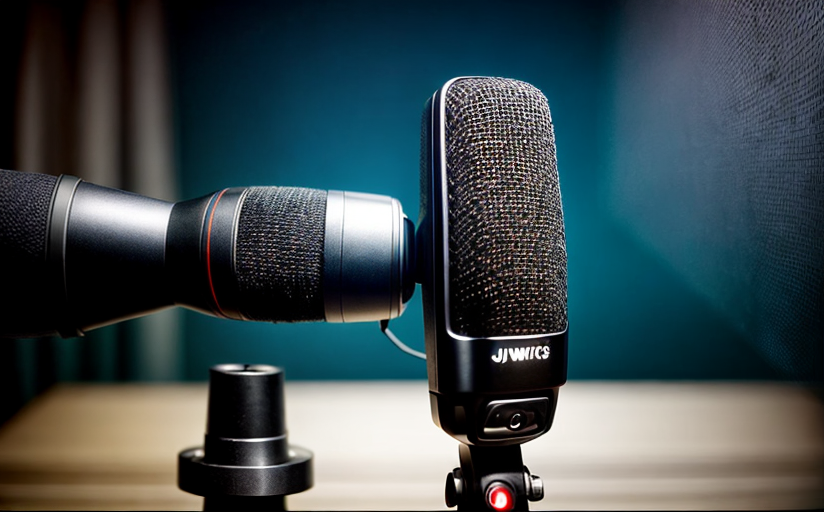The Influence and Ethical Implications of Autotune in the Music Industry
Introduction
The world of music has undergone a series of transformations since the advent of Autotune. This tool has since become a groundbreaking phenomenon, seeding roots across all genres, including pop, country, and rap. The evolution has further instigated a democratization of music production, sparking creativity, and allowing artist's to deliberately experiment with their sound. Despite the positive influence, Autotune stirs up ethical debates in the music industry concerning the authenticity of an artist's talent and the definition of 'good' singing. This article attempts to offer a balanced perspective, exploring both the positive influence and potential ethical drawbacks of Autotune's extensive use in the industry.
Influence of Autotune in the Music Industry
Autotune has without a doubt revolutionized music since its inception, altering the sound scope of various genres. It has transformed the very essence of music production by serving as a powerful tool for artists in a way that was virtually impossible in the past. By bridging gaps, this technology has made music an accessible arena for many talents who might not have otherwise embraced the industry. Moreover, the radical technological invention has encouraged and enhanced creativity among musicians by allowing them to manipulate and experiment with their projects in ways that were previously unimaginable.
Ethical Implications
Yet, as Autotune further informs the development and design of the music industry, its widespread use does invite a multitude of ethical debates. One of which questions the authenticity of the artist's talent with the excessive reliance on this tool. Critics argue that Autotune challenges the genuine representation of an artist, obscuring the true essence of their vocal abilities. Additionally, with the pervasiveness of Autotune, the perception of what is deemed as 'good' singing has been significantly distorted. Due to this, the tool is accused of generating an unrealistic standard of perfection, thereby compromising the appreciation and recognition of raw, unfiltered voices.
Conclusion
Autotune, while serving as a catalyst in the music industry by promoting inclusivity and enhancing creativity, does bring up inevitable questions concerning the ethical standards of music production. The open doors to increased accessibility and experimentation stand against the issues of authenticity and genuine representation of talent. As the extensive usage of Autotune is increasingly under scrutiny, it becomes essential to ponder upon the impact of technology on art. A balanced perspective recognises the merits and demerits of Autotune, provoking thought on what defines good art and the role of technology in this realm.

















Comments
Leave a Comment